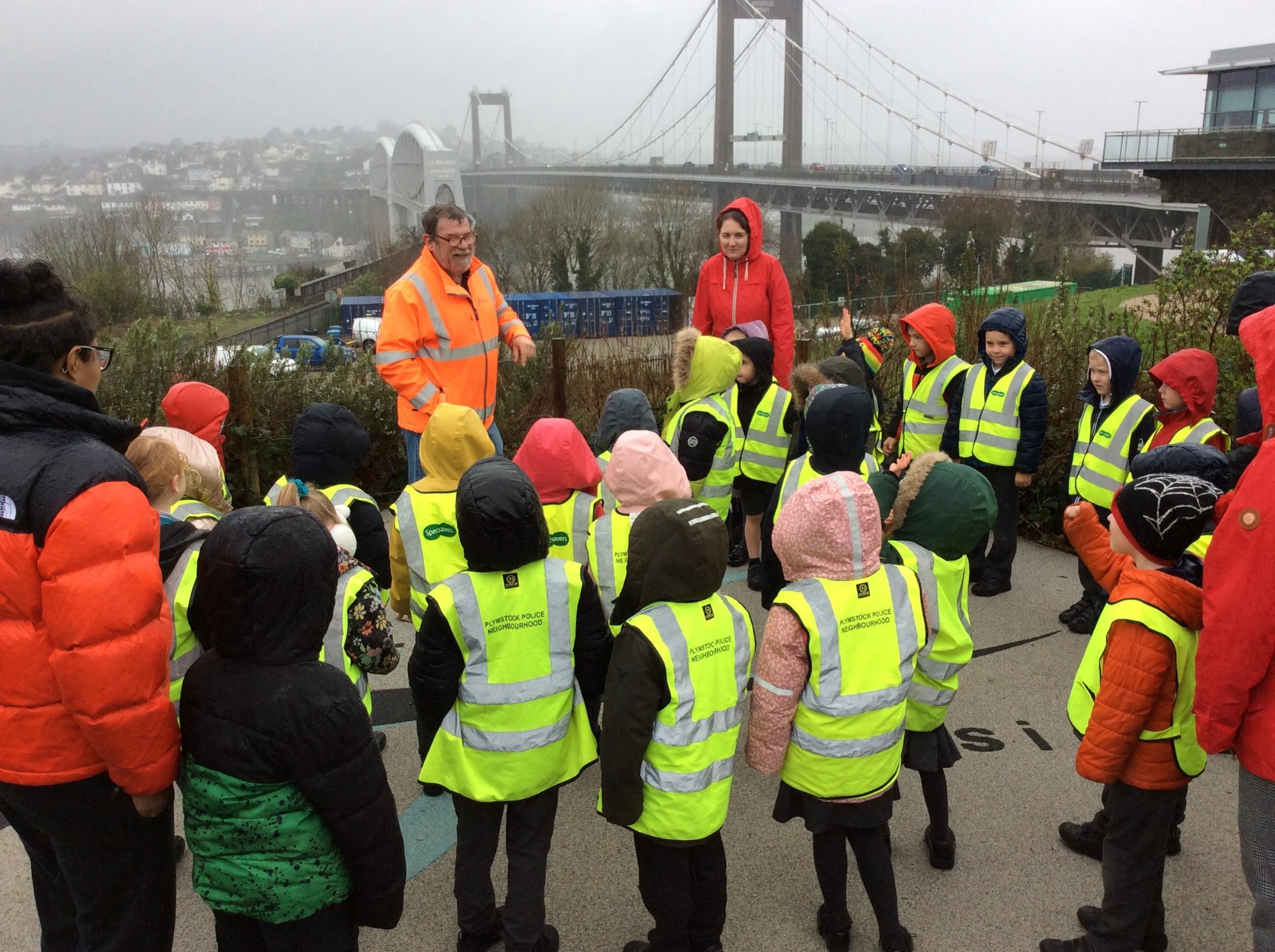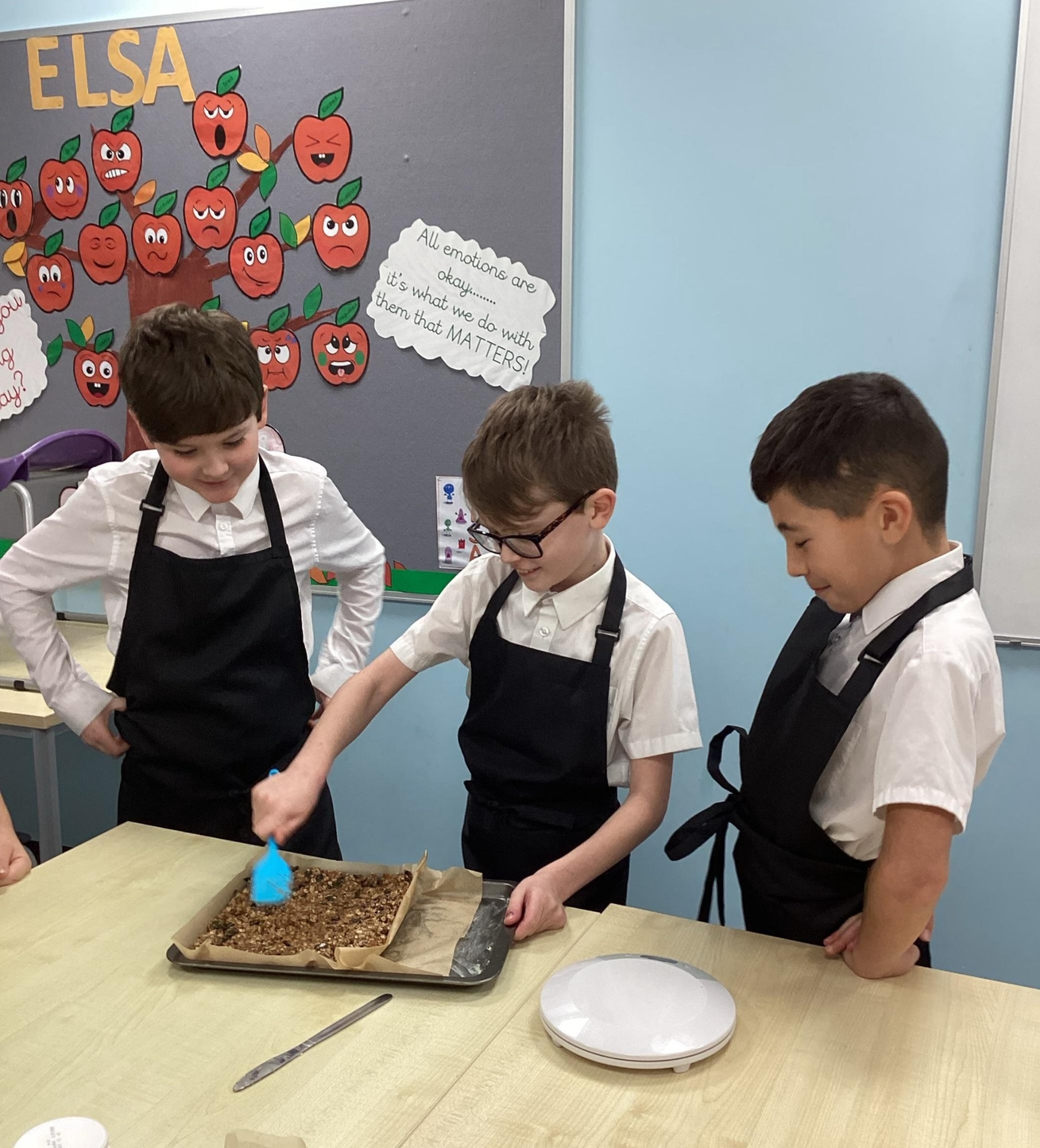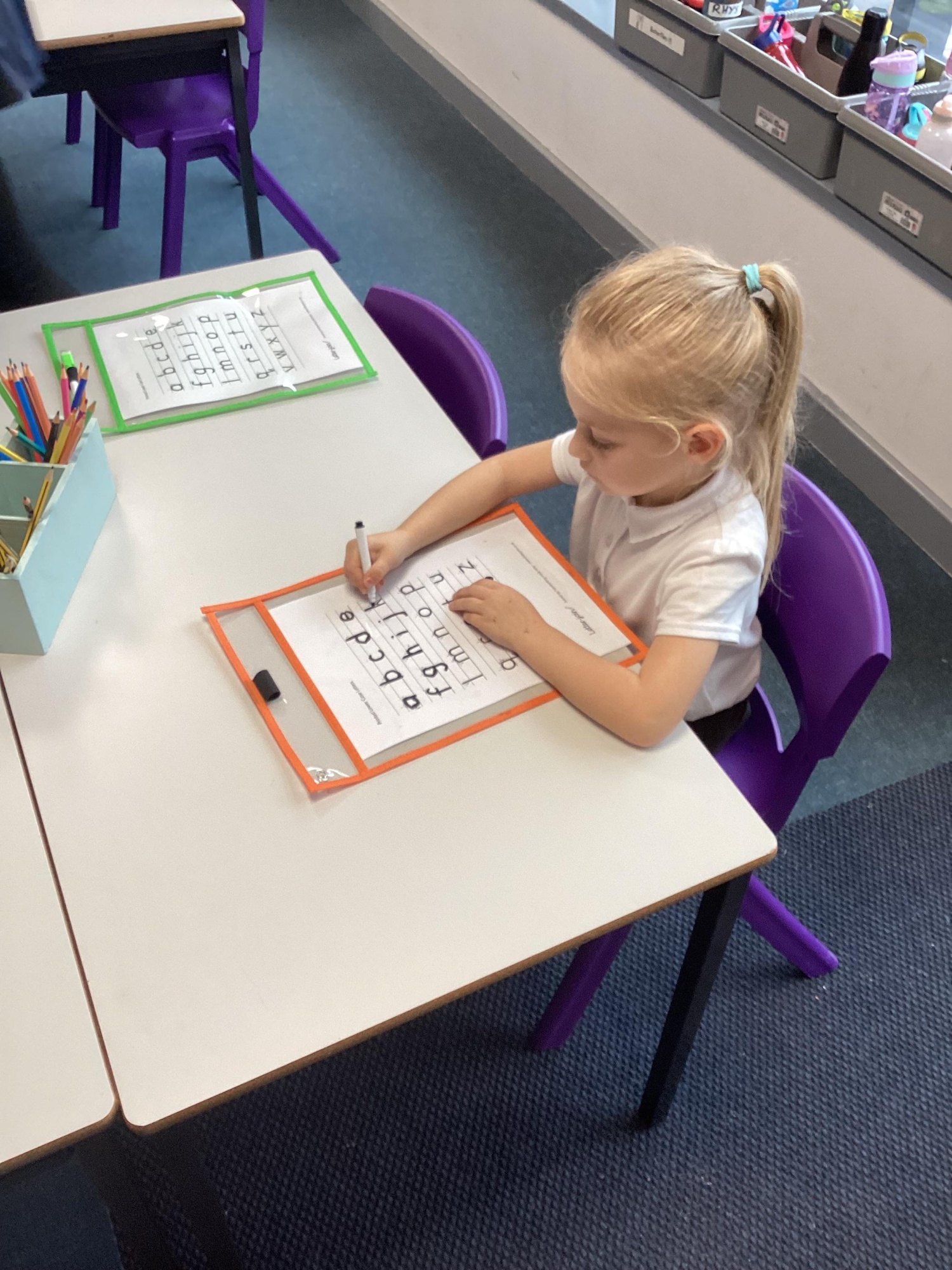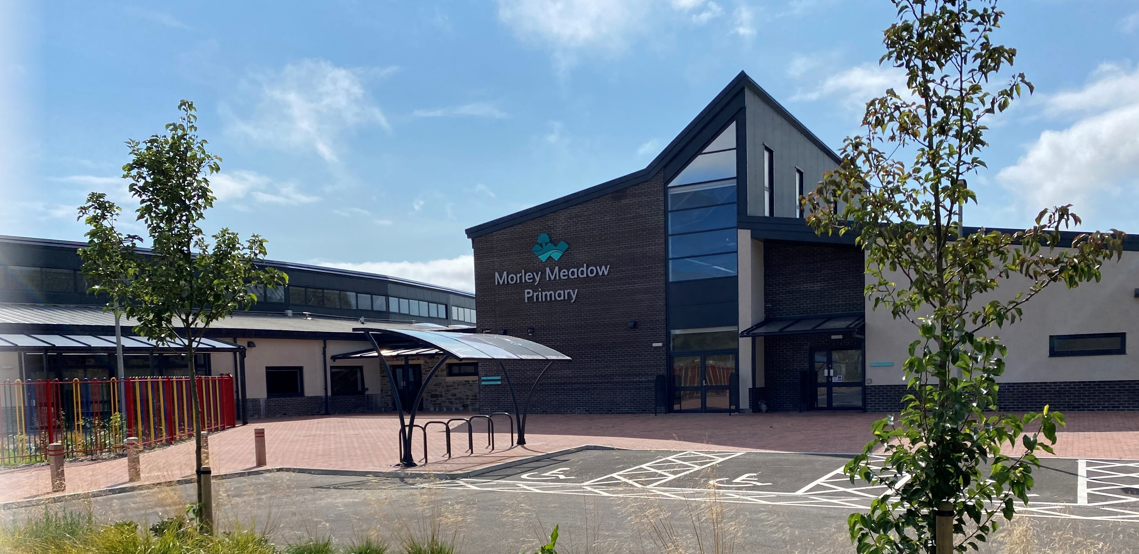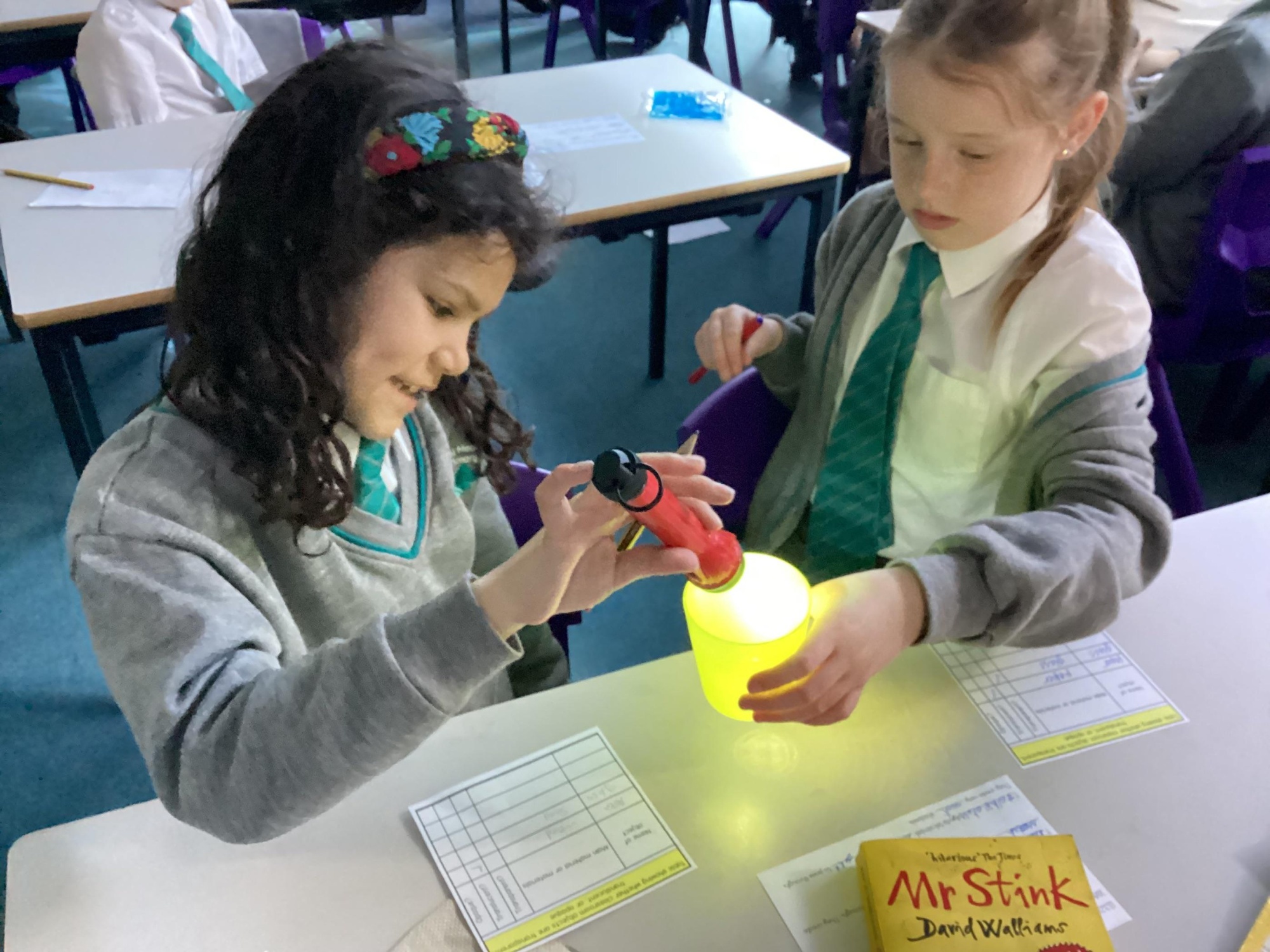Promoting British Values
In 2011, the government defined British Values as democracy, the rule of law, individual liberty, mutual respect and tolerance of different faiths and beliefs.
We promote these values through our own school values, curriculum and enrichment activities.
Democracy
Value:
UN CRC Article 12: Children have the right to say what they think should happen, when adults are making decisions that affect them, and to have their opinions taken into account.
How We Promote It:
- The School Council is made up of 2 representatives from each class, regular meetings and discussions allows all pupils to have a voice within the school.
- The Sports Crew take responsibility with the organisation for sporting and playground activities.
- Children are involved in Democratic processes; e.g. choosing school councillors.
- Pupils are encouraged to find their own ways to resolve issues.
- Pupils are involved in recruitment of staff.
- We encourage volunteering both in and out of school. This includes Super 6, lunch helpers and raising money for local and national charities.
- Democracy is also promoted through additional PSHE lessons and assemblies.
The Rule of Law
Value:
UN CRC Article 19: Governments should ensure that children are properly cared for, and protect them from violence, abuse and neglect by their parents, or anyone else who looks after them.
How We Promote It:
- All members of the school community are aware of the school relationship policy.
- The school safeguarding policy ensures that procedures are in place to protect all children.
- The rules. ready, respectful and safe are known and followed by all.
- Consistent demonstration of our values is recognised through the weekly “Star of the Week" assembly.
- Pupils have regular opportunities to reflect on their learning and behaviour, across the curriculum.
- Through our school assemblies, reflection times and PSHE children are taught how to earn trust and respect and are supported as they learn to recognise right from wrong and how to do the right thing even when it’s difficult.
- Balanceability courses are run for our Foundation class and Bikeability courses are run for pupils in year 5.
- Safety rules are taught to the children in PSHE lessons, through guest speakers who include the PCSO and road safety team. In addition, at key points in the calendar safety rules are included in PSHE lessons, such as The Firework Code on Bonfire Night and Water Safety in July.
- Water safety also forms an integral part of KS2 swimming lessons.
- Military Kids Club brings together children from service families and provides support for those children across the year, especially in times of need.
Individual Liberty
Value:
UN CRC Article 31: All children have a right to relax and play, and to join in a wide range of activities.
UN CRC Article 15: Children have the right to meet together and to join groups and organisations, as long as this does not stop other people from enjoying their rights.
How We Promote It:
- Through the PSHE, children are taught about personal responsibility, choices, ambition and aspiration. They are encouraged to take opportunities to follow their interests in art, music, sport etc.
- Children are able to participate in a wide range of activities at Morley Meadow, such as sports clubs and peripatetic music lessons.
- Pupil achievements are recognised and celebrated. eg through weekly celebration assemblies, achievement displays in classrooms, and articles in the school newsletter.
- Through PSHE lessons and visits from the Life Education Caravan the pupils learn that they have responsibility within school and society in terms of behaviour and learning attitude.
- Pupils are encouraged to make choices in a safe and supportive environment within and beyond school.
- Children are taught how to keep themselves safe, including on-line safety. This is done through computing lessons, assemblies and outside organisations such as the Fire Service, as well as through the PSHE curriculum.
- Both within lessons and during free time, pupils are actively encouraged to make choices, knowing that they are in a safe and supportive environment.
- Children are given the opportunity to choose which extra-curricular activities they choose to participate in.
Mutual Respect
Value:
UN CRC Article 2: The Convention applies to everyone whatever their race, religion, abilities, whatever they think or say and whatever type of family they come from.
UN CRC Article 30: Children have a right to learn and use the language and customs of their families, whether these are shared by the majority of people in the country or not.
How We Promote It:
- Within PSHE and RE lessons, children are taught to respect each other and to work collaboratively. They learn to be supportive of each other and to look for similarities while being understanding of differences.
- During anti-bullying week the school focuses on respecting others and recognising differences.
- Children with school responsibilities such as school council representatives, Super Six, and the Sports Crew models appropriate behaviours and encourage their peers to demonstrate respect and understanding of others.
- Our school regularly supports charity days. Children often take a lead in raising the profile of charities and raising money for a chosen charity.
- Mutual respect is promoted within PSHE lessons and assemblies. In addition, we take part in national events (i.e. Remembrance Day).
- Regular whole school events such as the Christmas craft carousel, theme weeks e.g. Enterprise week and School Games Day involves the pupils working with children of all ages.
- Within our school, children learn to respect the needs and customs of others with different backgrounds; such as those from the traveller community and Service families.
Tolerance of Different Faiths and Beliefs
Values:
UN CRC Article 14: Children have the right to think and believe what they want, and to practise their religion, as long as they are not stopping other people from enjoying their rights. Parents should guide their children on these matters.
How We Promote It:
- Within RE lessons tolerance of different faiths and beliefs is promoted as the children learn about different religions, their beliefs, places of worship and festivals.
- This is supported by assemblies, which also mark and celebrate some festivals of different religions.
- Significant celebrations, such as Harvest, give pupils the opportunity to learn how these festivals are marked within different communities and religions.
- Within the safe environment of PSHE lessons, the children are given the opportunity to discuss and explore different viewpoints. They learn to listen to and respect the beliefs of others.
- Through the curriculum and visiting speakers in assembly, the children learn about different faiths and their traditions. E.g. through the topic Christmas Traditions around the World.
- Our school respects the rights of parents to remove children from Christian assembles and activities linked to different religions; e.g. Christmas art and craft activities.


